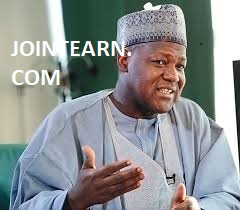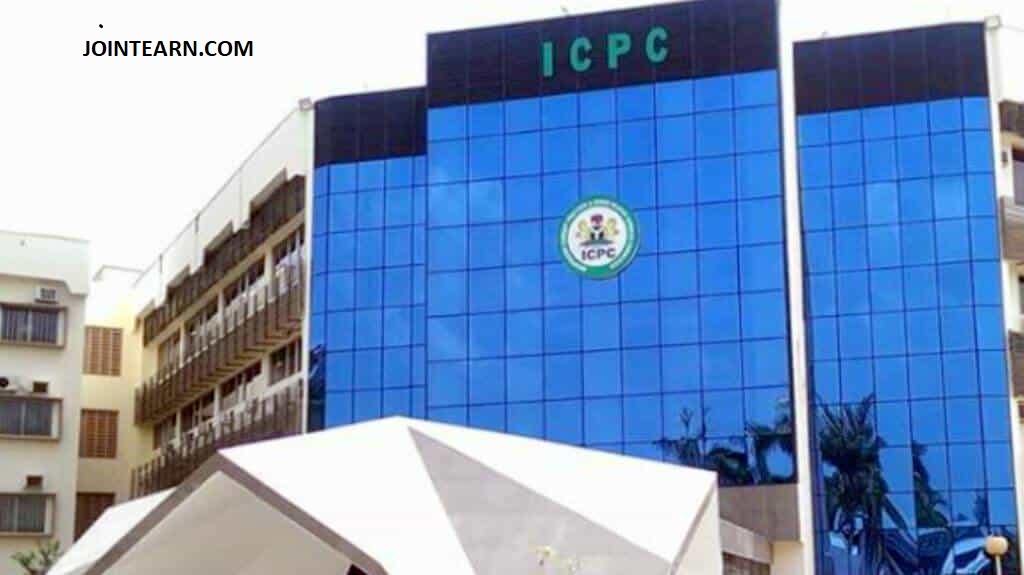Dr. Yusuf Datti Baba-Ahmed, the vice-presidential candidate of the Labour Party in Nigeria’s 2023 general elections, has sparked political conversation ahead of the 2027 polls with his recent remarks on former President Bola Ahmed Tinubu. In a candid statement, Baba-Ahmed said that if he had the opportunity to meet Tinubu, he would have advised him not to contest the presidency in 2023 but instead throw his support behind a younger and more vibrant candidate.
Speaking during a recent media interaction, Baba-Ahmed underscored what he described as the urgent need for a generational shift in Nigeria’s political leadership. He emphasized that the challenges facing the country today require energetic, innovative, and forward-thinking leaders, which he believes are more likely to be found among the younger generation.
“If I had met President Bola Ahmed Tinubu before the 2023 elections, I would have respectfully told him that the country needed someone younger to take up the mantle of leadership,” Baba-Ahmed said. “Nigeria is at a critical stage in its development, and we need leaders who can run with speed, not those who are already tired before the race begins.”
His comments reflect a broader sentiment that has been gaining traction among Nigerian youths and reform-minded political stakeholders, who argue that the nation has been dominated for too long by an older generation of politicians whose style of leadership has failed to deliver significant progress.
Baba-Ahmed, known for his principled and often bold political statements, clarified that his remarks were not a personal attack on Tinubu but rather a reflection of his vision for a rejuvenated and restructured Nigerian political system. According to him, leadership is not merely about occupying office but about delivering transformative governance — something he argues is often hindered by physical and cognitive fatigue that comes with advanced age.
He also noted that while Tinubu had undoubtedly played significant roles in Nigeria’s political evolution, including his time as governor of Lagos State and his influence within the All Progressives Congress (APC), the country must now prioritize performance over political legacy.
“Experience has its place,” Baba-Ahmed stated, “but we must also consider the cost of recycling leadership without a measurable impact on the lives of the people. We need to give younger Nigerians the chance to prove their worth.”
As Nigeria moves closer to another general election in 2027, the discussion around generational change in leadership has resurfaced, with many seeing Baba-Ahmed’s comments as an early indication of the Labour Party’s strategic direction. The party, which emerged as a powerful third force in the 2023 elections largely due to youth mobilization and the popularity of its presidential candidate, Peter Obi, appears to be positioning itself as the face of a new political movement.
Baba-Ahmed also hinted at internal reflections within the Labour Party following the outcome of the 2023 elections. Although the party did not win at the presidential level, it made significant inroads into national politics, securing federal and state legislative seats and capturing the imagination of many young Nigerians.
“We did not lose. We opened a door that many said could never be opened,” Baba-Ahmed remarked. “The 2023 elections showed that Nigerians, especially the youth, are tired of the same old political order. It is now our duty to build on that momentum.”
When asked if he would be contesting any position in 2027, Baba-Ahmed remained non-committal but expressed his continued commitment to national development. “I am always available to serve Nigeria in any capacity that aligns with my values and the aspirations of the people. But the focus should not be on individuals; it should be on the mission to reset Nigeria.”
He called on political leaders across all parties to begin mentoring young Nigerians and creating opportunities for them to participate meaningfully in governance. According to him, the success of the country depends on how quickly it can harness the energy, creativity, and potential of its youthful population.
Reacting to his comments, several political observers noted that Baba-Ahmed’s position might resonate with the frustrations of many Nigerians who feel left behind by decades of political stagnation. Others, however, cautioned that age should not be the sole criterion for leadership, and that competence, integrity, and a clear vision for the country are just as important.
Nevertheless, the conversation sparked by Baba-Ahmed is likely to shape political discourse in the coming years, especially as Nigerians continue to reflect on the outcome of the 2023 elections and consider the kind of leadership they want going forward.
As 2027 approaches, voices like Baba-Ahmed’s may become increasingly influential, not just in shaping public opinion but in redefining the criteria for political leadership in Africa’s most populous nation.
In the meantime, many political watchers are keen to see how the Labour Party will position itself and whether it can maintain its appeal to the youth and the disenchanted electorate, who are yearning for change beyond mere slogans and campaign promises.4












